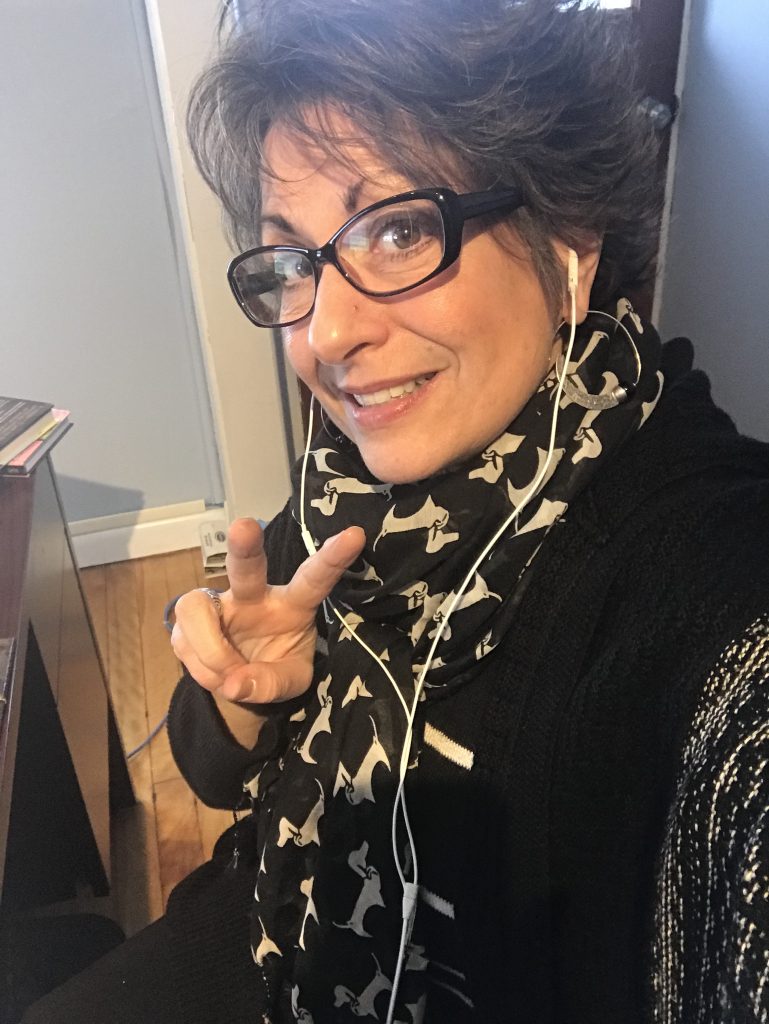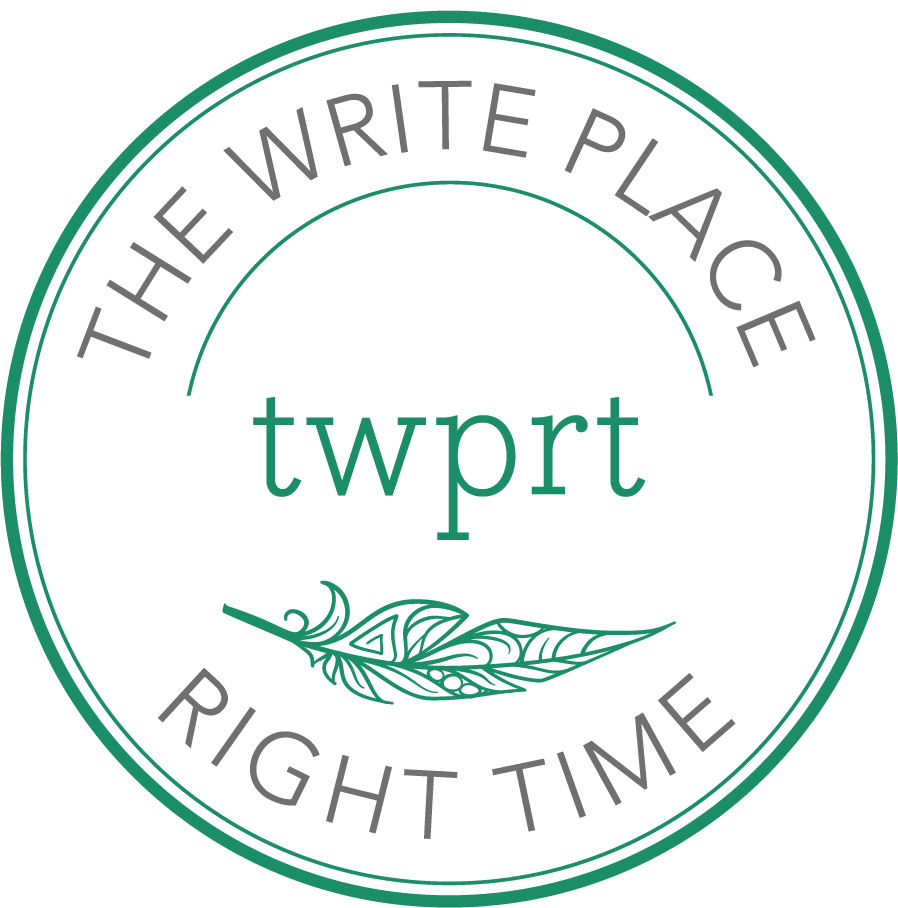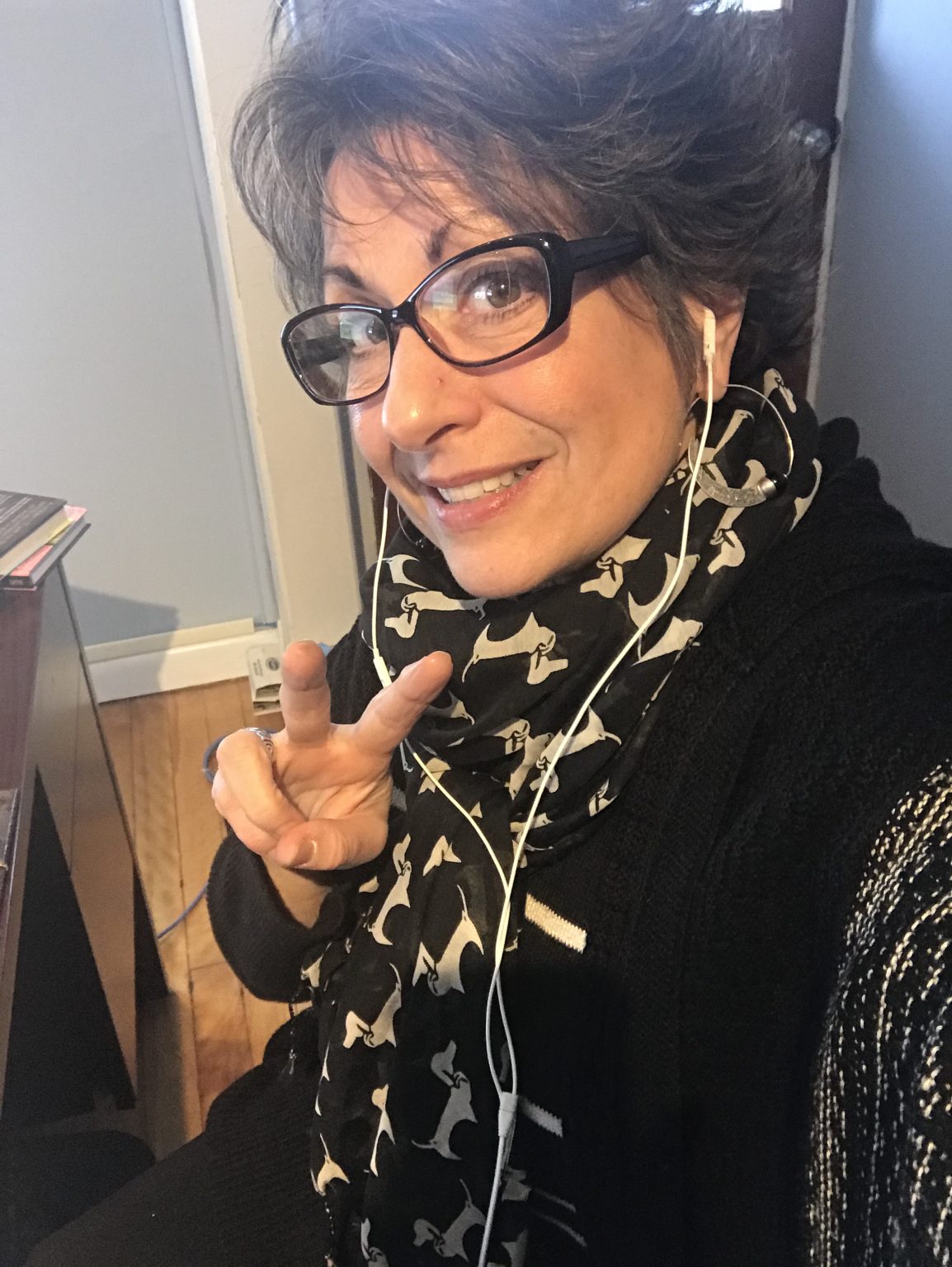This post is the first in our 2024 guest blog post series Bravely Write Your Book.
Learn from publishing professionals and authors how to bravely write your book.
Welcome back everyone! Last month we shed some light on learning something new with Jennifer Jane Young, and once again this month I’ve got another guest speaker here from my inner circle. This month, we’re honing in on a passion for writing and what it means to pursue it. If you’re looking to develop a passion for your writing, then you’ve come to the right place, because our guest this month is here with the experience and advice you’re looking for.
Let me introduce this month’s guest contributor–Linda Keating
I’m Linda. I am happily married to the kindest man on the planet. We live in northwestern Vermont with our longhaired dachshund, the glorious colors of fall, the clouds and snow in the winter, the smell of mud in the spring, and our sun and color-drenched gardens in the summer. I spent over four decades in a career in public education and retired a few years ago.
Retirement can be a scary, big leap into NOW WHAT?! How would I go about navigating my life without a career identity? In my various roles in education, I was actively searching for the unique leverage points of each role and trying to experience a 360° view of myself as a professional over time. Once I retired, I found myself once again in search of those same leverage points as this new phase of my life is unfolding. In my sixties, how could I pursue a “full circle” view of a lifetime in a way that would bring greater clarity and meaning to my days?
What could I learn from other women on this journey? What might I be able to teach them? I find myself now with the time to read, think, reflect, and connect differently than when my career occupied my headspace 24/7. And, most importantly, I find myself with the time and desire to write it all about it. You can find me taking a 360° view of my life, along with some deep breaths as I try to figure out what it all means while putting myself out there on my blog, The Precious Days.
What advice would you give someone struggling with sharing their story?
My first blog post on The Precious Days was aptly titled "Cannonball!" Getting my blog off the ground and exploring the days of this new phase of my life through writing felt like a very brave thing to do. In that post I wrote: "Sometimes the explorations and lessons of these days will be a tentative toe dip (WHAT am I doing?), sometimes an elegant breaststroke (Glide through the day and enjoy it all, girl.), and once in a while, an astonishing cannonball (Take that risk; this IS the right time, woman!)."
I wouldn't have had the courage to do any of it without the "rehearsal" sessions I got to do with Ally at The Write Place, Right Time. Those workshops helped me to loosen up ideas, listen for my own stories that wanted to be told, and pushed me to write. But most of all, they reignited a passion for writing. I surprised myself by how much I have always talked about wanting to write, but how little writing I was actually doing.
Ally's encouragement, her teaching sessions, and the workshops on memoir really helped me work out the kind of writing I wanted to do on my blog. Most of my pieces are memoir- driven in some way. This way of writing for me is part of that 360° vantage point: looking back, looking forward, looking more deeply into my own "why," and figuring out what to do with it all. I try to write with it, rather than against it.
Was there a time you struggled with sharing your story in your own writing? How did you overcome it?

When is a time I don't struggle with my own writing? My personal struggle is getting started with a piece. I write poetry sporadically, blog posts regularly, essays in a writing group, and 3 Morning Pages every morning. I think I spend too much time whirling ideas around in my head and not getting them down on paper. I also struggle with revision. I often begin a piece with a burst of recollection, poured out in retelling.
Revision is a marathon, and I am a sprinter when I draft. I have little patience for things other than “getting done.” I know the importance of revision, and I am driven by the need to structure a piece into an essay. I struggle with knowing what to keep and what to cut, but as I work more at finding my authentic voice, that is becoming a bit easier. When I think about overcoming those struggles, I return to three things.
The first is a physical return. I have a sunny yellow writing desk in front of a window. When I sit at this desk, I mean business—writing business. It works. If I think I might like to write at the kitchen table, or in my home office, or outside in the sun I find I can't draft there. I can do a bit of revising at those spots, but not the initial drafting. This yellow desk is my writing anchor; it's the space I intentionally created for writing. It really works!
The second is being part of a writing group. I love my women's writing group. Having a topic for an essay every two weeks helps me to see my writing as my current work, rather than a retirement "hobby." The group has really helped me experiment with different approaches to memoir in personal essays. And, these wise women are of my generation. We really understand and support each other.
The third tool for addressing my struggles is to remember to use my writer's notebook. I have a yellow notebook that I use to jot down quotes, ideas, overheard snippets of conversations, words or phrases I like the sound of, all kinds of things like that. When I hold those things in my head thinking I'll remember them, of course, I don't. Keeping that notebook handy is so important. I have a mini version for my purse.
What did you wish you knew then that you do now?
I think the greatest revelation to me continues to be to take a deep breath, be brave, and just write. I start my writing as a very personal exercise. When I begin, it's for me. I want to write something that helps me say something that my own soul and psyche wants out there in print. I may work through the feelings in my Morning Pages and then begin to draft a blog post or an essay when I'm pretty connected to the point I want to make, my own "breakthrough." Maybe that theme or message will resonate with a reader, maybe it won't.
Maybe the process of uncovering will be more relatable. Maybe it will fall flat. You just never know. It takes courage to put yourself out there and then some thick skin when it's clear your writing is not everyone's cup of tea. But at the end of the day, being honest about yourself, with yourself in your writing actually increases your confidence in telling your stories. That's what the Latin root of author, augere, actually means: to increase.
If you could write a letter to your younger self about sharing your story, what would you tell them?
Actually, it's my younger self who seems to have all the good advice! My younger self was 100% clear on wanting to be a writer. She sat in coffee shops and wrote. She kept her pen moving in journals, notebooks, writing classes, and retreats. She spent hours reading poetry. She took poetry classes and read her poems at bookstore gatherings.
She never left the house without her writer's notebook. She watched people, she listened to snippets of conversations, paid attention to the body language of others, noticed how they ate their croissant or stirred their coffee...I still have so much to learn from her. I think the passions of my younger self hold the most instructive tools for how I should spend my precious days in this time of my life.
What is the most valuable advice you’ve received as a writer about sharing your story?
The best writing advice I ever got was from my all-time writing guru, Natalie Goldberg. I have read everything she ever wrote, starting with Writing Down the Bones, and I've just finished her newest book this summer, Writing on Empty. In Bones she said, when you sit down to write, say "I am free to write the worst junk in the world." That really takes the pressure off and lets you get started without the crippling inner critic shutting you down.
It takes courage to let down your guard, to silence your inner critics, to write the story you want to tell—even if someone else might think you got the story wrong or have no right to tell it. Be brave about this: they are your stories to tell. A Native American storyteller once said to me, "Go find your stories." Those four words seem to drive my desire to write now.
What is one piece of advice you can provide to help someone bring their book to the world?
Ask for help. Get yourself a writing group, or someone like Ally to move you through the process. Look for structure, something that makes it more challenging to give up. There is nothing I love more than structure. Without it, I'm a free-wheeling mess of passions, dreams, doubts, ideas, and phantom "somedays."
I am working very hard to establish a writing routine and have that person I can check in with about my progress…even if it's someone who sends you an email with just one question: "What are you writing?"
Don’t forget to join us again next month for our last guest contributor interview in our 2024 Bravely Write Your Book series.
While you wait for the next blog post in this series to drop, don’t forget about these two free and readily available resources.
- The 5-Step Writing Guide to Starting (and Finishing) Your Memoir. It’s time to light up your world and ours with your story.
- My 20-minute Story Stroll where you and I get to talk openly and honestly about the book you’re feeling tapped to write. Let me help you take the next best step on your journey.

